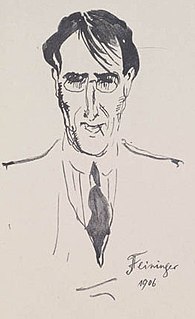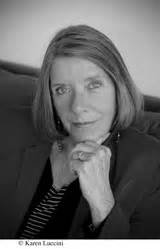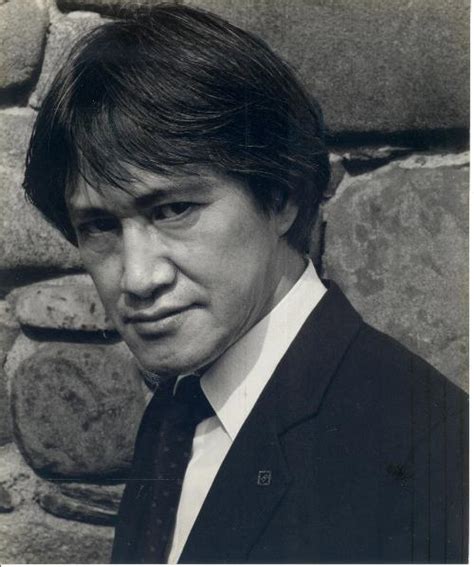A Quote by Lyonel Feininger
There is no foreground or background, only a continuity of interlacing relationships
Quote Topics
Related Quotes
Everyone is aware of the fact that visual and auditive perspective are identical; the only difference being that they are created and perceived by two physically different organs, the eye and the ear. How often the playing of a great master makes us think of a picture with a deep background and varying planes; the figures in the foreground almost leap out of the frame whereas in the background the mountains and clouds are lost in a blue haze.
We have so little faith in the ebb and flow of life, of love, of relationships. We leap at the flow of time and resist in terror its ebb. We are afraid it will never return. We insist on permanency, on duration, on continuity; when the only continuity possible in life, as in love, is in growth, in fluidity - in freedom.
So much of my work is defined by the difference between the figure in the foreground and the background. Very early in my career, I asked myself, "What is that difference?" I started looking at the way that a figure in the foreground works in eighteenth- and nineteenth-century European paintings and saw how much has to do with what the figure owns or possesses. I wanted to break away from that sense in which there's the house, the wife, and the cattle, all depicted in equal measure behind the sitter.
By definition it uses and plays and delights in time. It delights in the interlacing of chronologies and the consequences of that interlacing. And those have personal and psychological expressions in a character. Aside from other issues of writing, psychological characterization is what narrative can do best.
When you love someone you do not love them all the time, in exactly the same way, from moment to moment. It is an impossibility. It is even a lie to pretend to. And yet this is exactly what most of us demand. We have so little faith in the ebb and flow of life, of love, of relationships. We leap at the flow of the tide and resist in terror its ebb. We are afraid it will never return. We insist on permanency, on duration, on continuity; when the only continuity possible, in life as in love, is in growth, in fluidity - in freedom









































